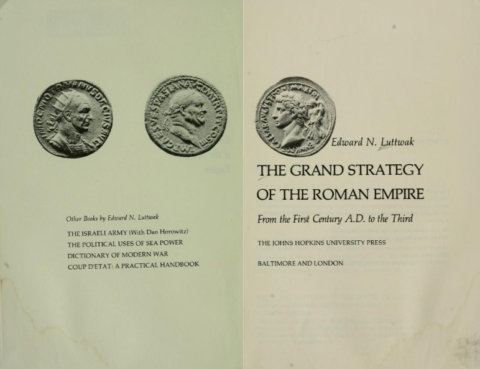In Quillette, Armin Navabi points out the utter absurdity of a group of self-identified queers actively supporting the terror organization running the Gaza Strip, which would execute as many of them as came within its power:
Leftists in English-speaking nations tend to see Palestinians (including Hamas) as an oppressed, brown victim class, whose freedom-fighting “resistance” against their oppressive, white, US-backed colonizers in Israel is a righteous cause with which to stand in solidarity. This facile view of the long-standing conflict in the Middle East leads to confused and contradictory thinking, as seen in the incoherent slogan (and now meme) “Queers for Palestine“, emblazoned on banners brandished at anti-Israel rallies.
“Queers for Palestine” attempts to meld LGBT advocacy with Palestinian liberation, a juxtaposition that has precipitated a whirlwind of criticism and ridicule, since LGBT rights scarcely exist within the Muslim world; and the Palestinian territories are no exception. The slogan has been widely satirized. Variations like “Chickens for KFC” and “Blacks for the KKK” highlight its proponents’ basic lack of awareness of just how incompatible the values of the Western left are with those of the Islamic right they so readily champion.
The reality of the situation could not be starker. Though there is room for improvement in Israeli attitudes towards these issues, Israel is at the forefront of LGBT rights in the Middle East. In Israel, LGBT people are visible members of society with legal protections and civil rights, and are accepted by a plurality of its citizens.
Palestine is quite a different story. A 2021 report on LGBT acceptance by UCLA’s Williams Institute rated Israel 44th out of the 175 countries/territories they examined. Palestine came in at number 130, behind Russia, Saudi Arabia, and the Democratic Republic of the Congo. Georgetown University likewise placed Palestine 160th out of 170 countries on their women’s peace and security index, in company with most of the countries in that region. Amnesty International‘s 2020 report on human rights highlights the fact that, in Gaza, male same-sex relationships are punishable by up to 10 years’ imprisonment and points out the conspicuous absence of legal protections against anti-LGBT discrimination and harassment. This lack of civil rights has led hundreds of gay and bisexual Palestinians to flee to Israel to escape persecution. One such refugee, Ahmad Abu Marhia, a 25-year-old gay Palestinian man, was living under asylum in Israel when, in 2022, he was kidnapped and beheaded in the West Bank city of Hebron. His murderers uploaded footage of the killing to social media.
Every time these disparities are mentioned, critics are quick to lob accusations of “pinkwashing” — a concept invented to frame any discussion of Israel’s progressive stance on LGBT issues as a distraction from their mistreatment of Palestinians. But the fact remains that these “Queers for Palestine” could march in Pride parades in Israel if they wanted to. In Palestine, they’d be killed.
Another disconcerting element of “Queers for Palestine” is that the slogan popped up in prominent left-wing anti-Israel/pro-Palestine rallies in the immediate aftermath of Hamas’s terrorist attacks, before Israel had even had the chance to respond. There is no way to interpret this slogan and the surrounding leftist fervor except as a signal of support not merely for Palestine, but specifically for Hamas, a jihadist movement with the explicit aim of eradicating the state of Israel. It’s imperative to understand that Hamas, as detailed in its 1988 Covenant, is propelled by a fundamentalist Islamist ideology whose goal is not only to eliminate all Jews but to conquer the world — just like ISIS. Senior Hamas official Mahmoud al-Zahar has stated on record, “The entire planet will be under our law, there will be no more Jews or Christian traitors”.
Western support for Hamas, under the guise of support for Palestinian liberation, betrays an ignorance of the deep-seated radical Islamist ethos driving that organization, which, if left unchecked, would jeopardize the very freedoms cherished by LGBT people across the developed world. Anyone who doubts this should try being gay, bi, or trans in most of the Middle East and North Africa’s (MENA) Muslim-majority countries. Almost all these nations have laws that criminalize both homosexuality and transsexuality, some of which carry the death penalty. Human Rights Watch’s report “Everyone Wants Me Dead” succinctly encapsulates in its title alone the perilous environment faced by LGBT individuals in these regions.








